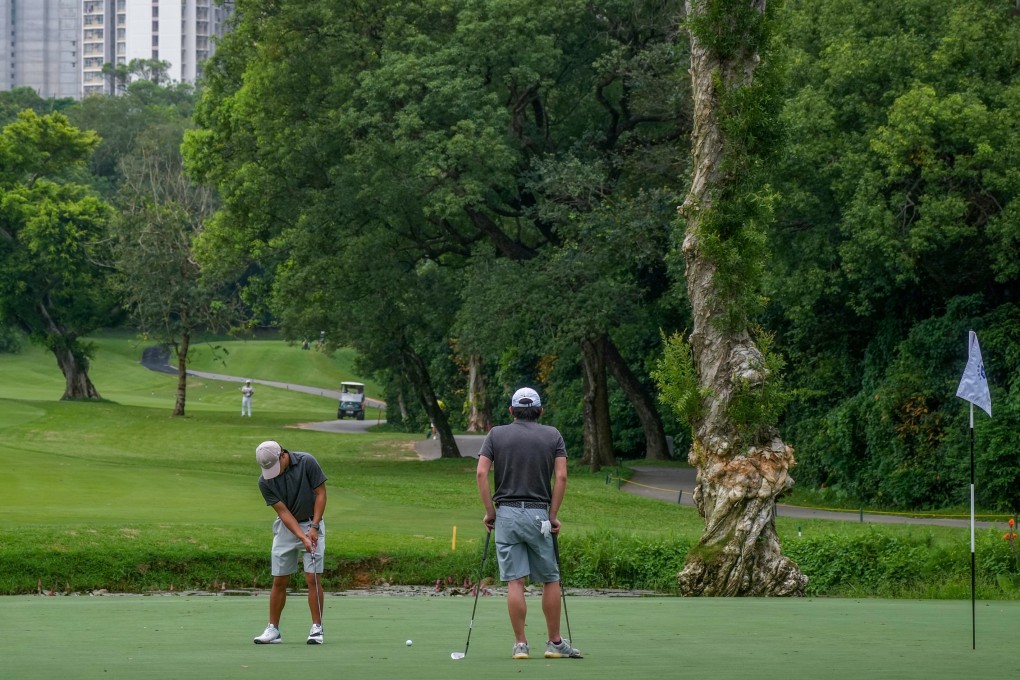Opinion | Preserving Fanling golf course or building public housing is not a binary choice
- Supporting more public housing does not mean we have to bulldoze what the elite have built, just as advocating for the golf course does not mean we are ignoring those in need
- Officials should be looking for creative alternatives and realise that stepping back from a former administration’s proposal would show how we have evolved

I do not play golf and have not even taken a swing at a driving range. I have made golf jokes about how I did not want to spend my time hitting a small ball into a small hole very far away, or how golf commentators are always soft-spoken as they do not want to wake the television audience.
Architects and designers always have to learn new things, sometimes on a very steep learning curve, going from amateur to semi-expert in a short time. That was what happened to me when I had to design a golf course in my third and final year of graduate school. I learned about birdies and bogeys, fairways and the rough, as well as player handicaps.
Golf course design is a science even though it may not appear so, possibly because of the manicured grass and connection to nature. An 18-hole course needs to provide a variety of challenges, including each hole’s playing length, terrain, altitude and surrounding obstacles. Lose any of the holes and the course is ruined.
